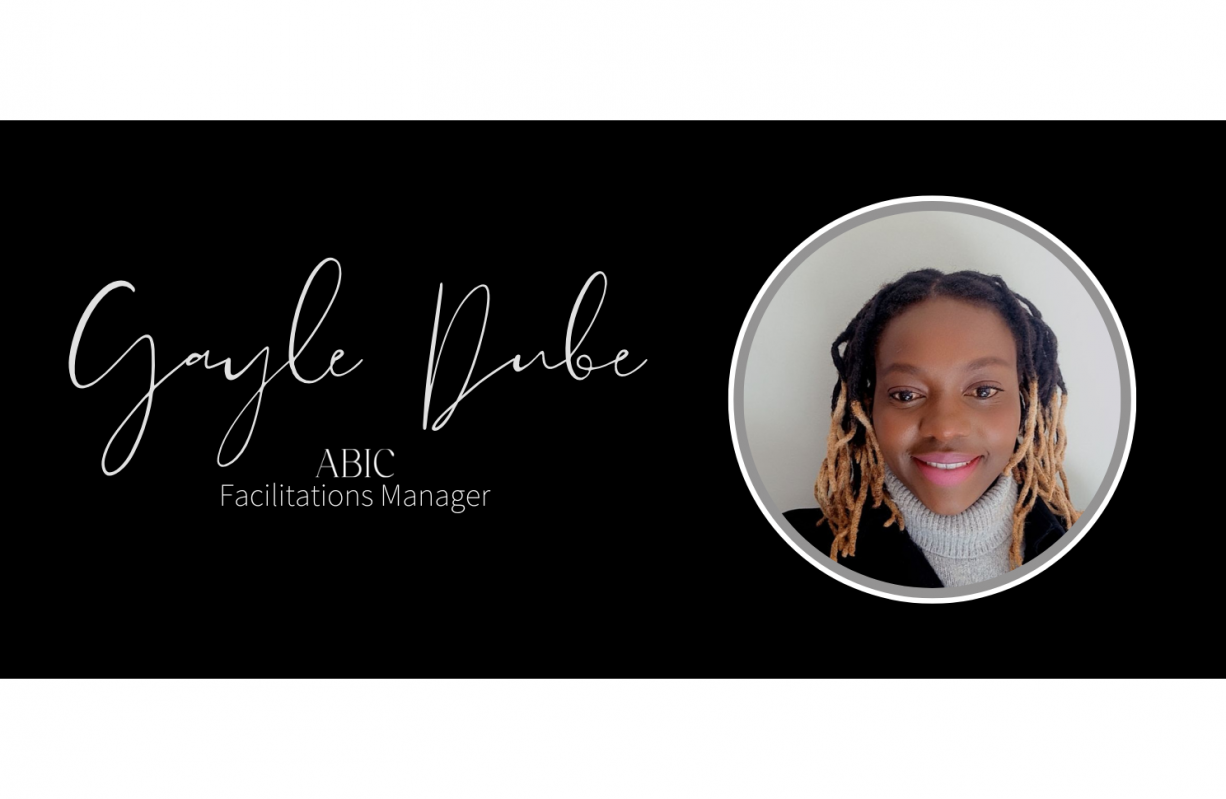Member Update with Gayle Dube #10
At ABIC, we understand the importance of clarity and compliance. We have received questions from our members regarding the updated AHPRA Guidelines. In response to our member queries, we have curated a FAQ to shed light on the intricacies of the new guidelines.
Q1: What are the key changes in the new AHPRA Guidelines for Cosmetic Surgery Advertising in 2023?
A: The updated AHPRA Guidelines aim to ensure transparency and accuracy in cosmetic surgery advertising. Key changes include detailed disclosure requirements, prohibition of misleading claims, and guidelines on ethical marketing practices.
Q2: How do the guidelines impact non-invasive procedures?
A: The guidelines apply to both surgical and non-invasive procedures. Non-invasive procedures, like injectables and lasers, are also subject to the same ethical advertising standards to protect consumers from false or exaggerated claims.
Q3: What disclosures are required in advertising for cosmetic surgeries and non-invasive procedures?
A: Advertisements must include accurate information about the practitioner's qualifications, potential risks, benefits, and realistic outcomes. It's essential to disclose if the practitioner has financial interests in the products or services being advertised.
Q4: Are before-and-after photos allowed in advertising under the new guidelines?
A: Yes, before-and-after photos are permitted, but they must be genuine, unaltered, and accompanied by clear disclaimers about individual results varying. Misleading alterations or unrealistic portrayals are strictly prohibited.
Q5: Can practitioners promote discounts or time-limited offers in their advertisements?
A: Yes, practitioners can offer discounts and time-limited promotions, but they must be genuine and not create undue pressure or urgency. Clear terms and conditions must accompany any promotional offers.
Q6: How can practitioners ensure compliance with the guidelines when using social media for advertising?
A: Practitioners should apply the same guidelines on social media platforms. Clear disclosures, honest representations, and avoiding sensationalism are crucial. Engaging a professional to review content before posting can provide an extra layer of assurance.
Q7: What penalties or consequences are there for non-compliance with the guidelines?
A: Non-compliance can lead to disciplinary actions, fines, suspension, or revocation of licenses. Practitioners must familiarise themselves with the guidelines thoroughly to avoid legal consequences and protect their professional reputation.
Q8: How frequently are the guidelines updated, and how can practitioners stay informed about changes?
A: The guidelines are periodically reviewed and updated to reflect industry changes. Practitioners can stay informed by regularly checking the official AHPRA website, attending industry events, and subscribing to newsletters.
ABIC is available to assist members in understanding and complying with the new AHPRA Guidelines by offering support, expert consultations, and resources to help members navigate the new guidelines effectively.
For further inquiries or clarifications, please feel free to contact ABIC. We are here to support our members in upholding the highest standards in our Industry.
Written by Gayle
ABIC Facilitation Manager



